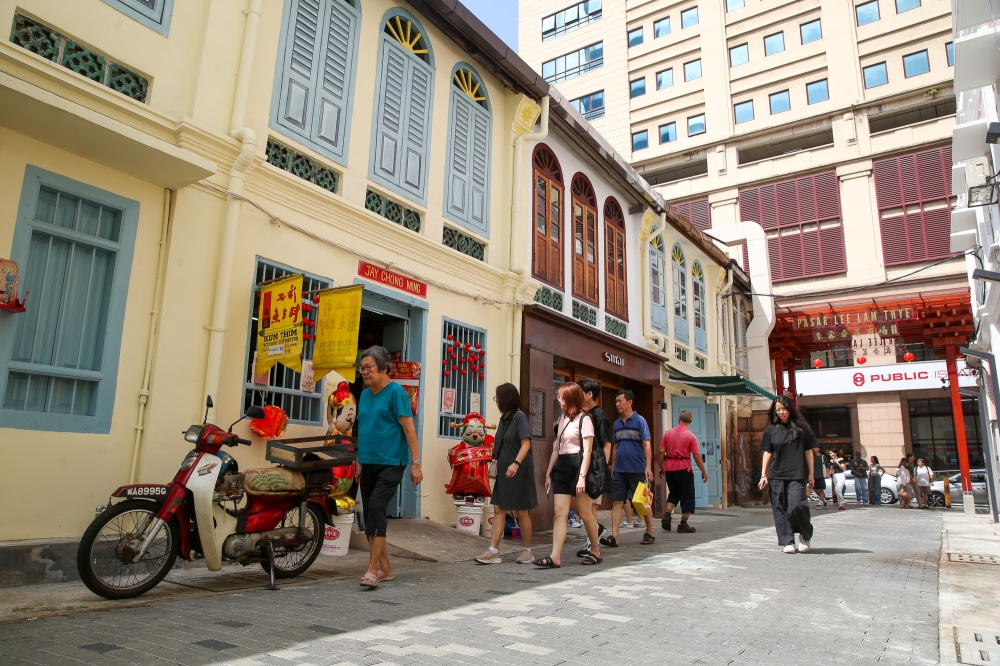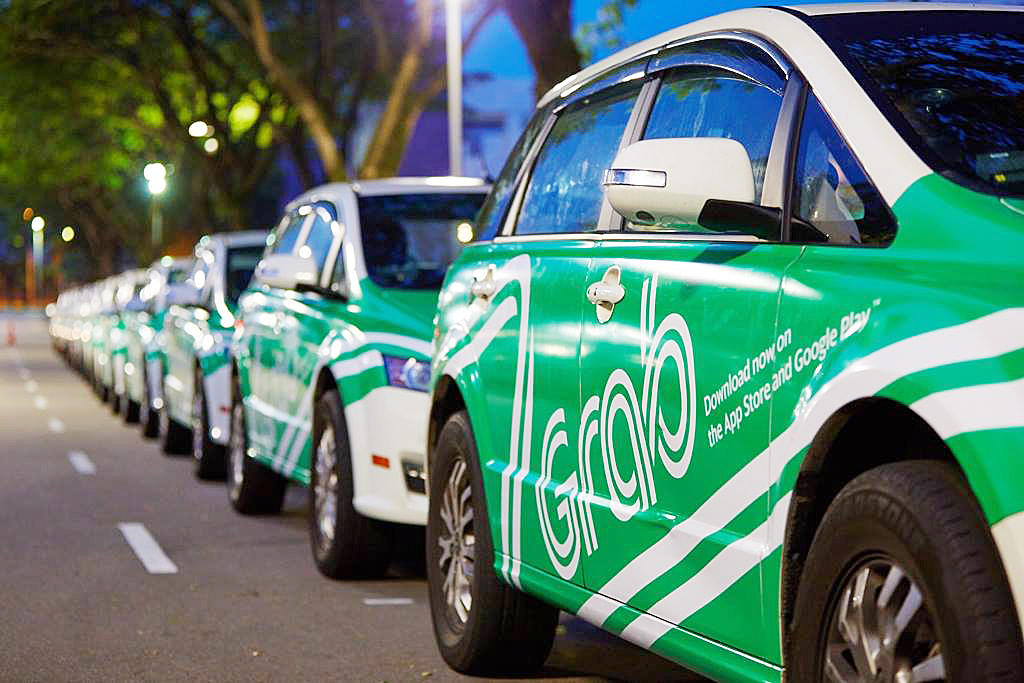KUALA LUMPUR, March 8 — A major bugbear of Malaysian taxi users — ride-sharing drivers with bad attitudes — is becoming a major concern here, according to international media intelligence company Meltwater.
Malaysians’ concern about the issue also surpassed those in Indonesia and Singapore that were also covered in Meltwater’s study.
Of the 73 per cent of social media posts scrutinised by Meltwater for online chatter related to Grab, Uber and Go-Jek throughout last year, Malaysians accounted for 82 per cent of complaints and grouses about Uber and Grab drivers.
“The words ‘rude’, ‘dangerous’ and ‘unsafe’ are commonly used to describe driver behaviour across the region,” said the report, entitled “The Sharing Economy: Exploring the Future of Transport in Southeast Asia”.
Part of this problem, the report said, can be attributed to the high-pressure, incentive-driven environment drivers operate in.
“In the past, both Grab and Uber have been accused of exploiting drivers to hit some tough goals by incentivising them to drive more.
“Uber previously had a criteria for drivers to accept a minimum of 80 per cent of trips to qualify for incentives (but) ride-hailing companies still penalise drivers for not maintaining a minimum acceptance rate,” the report said.
However, Malaysians who issued 61 per cent of the overall online posts on topic were also less sensitive to prices.
Singaporeans represented more than 50 per cent of the conversation on price.
“With customers living a significant portion of their lives on social media, it’s important for ride-sharing companies to meet and connect with customers on these platforms,” said Mimrah Mahmood, regional director, media solutions, Meltwater Asia Pacific
“Feedback and data from these platforms can also inform operational changes,” he added.
In terms of market share, Meltwater’s report revealed that Grab dominated the Asian market with over 2.4 million drivers and 81 million consumer application downloads; Uber although the global leader, has only 630,000 drivers across Asia; while Go-Jek is the leading player only in the Indonesian market with 250,000 drivers across 35 cities.



















